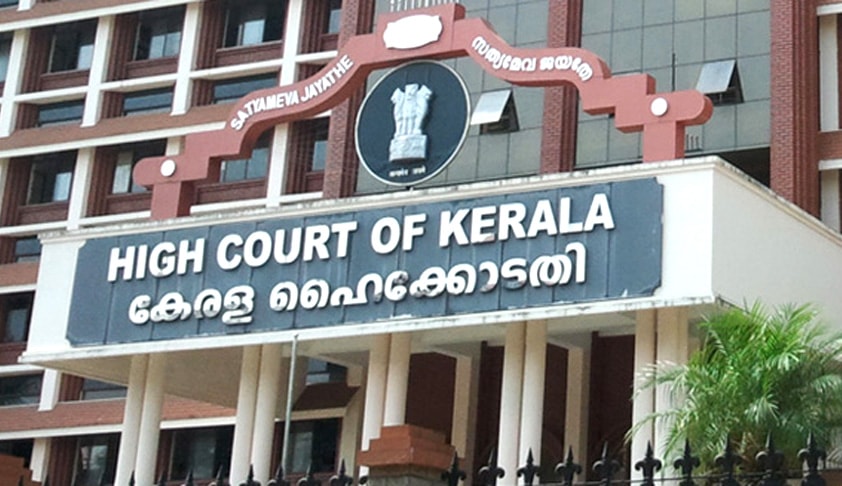The single bench of the Kerala High Court has directed the Union of India to make available the memorandum of procedure (MoP) governing the appointment of judges of high court for considering the correctness of the objection raised by the Registry as to the maintainability of the writ petitions filed by Jacob Samuel and P Bijimon.Posting the matter of hearing, the above order was issued...

